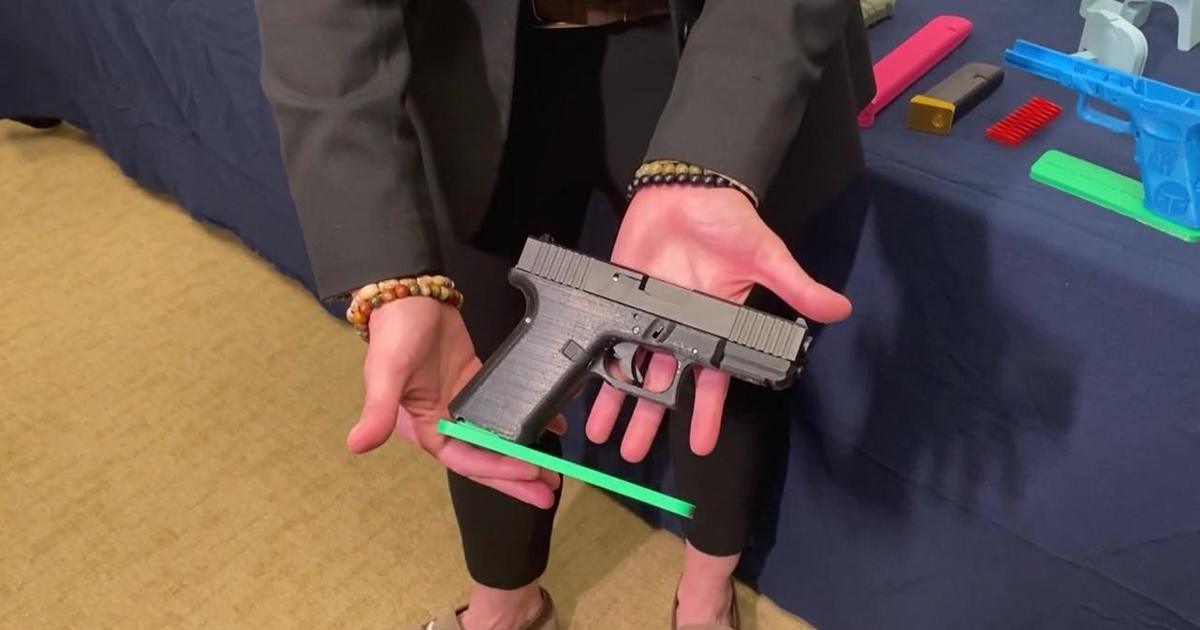Virtual Reality Takes The Pain And Anxiety Out Of Needle Pricks For Parents And Kids
NEW YORK (CBSNewYork) -- It's hard for any parent to watch their child go through the fear and pain of a needle stick, but imagine having to go through that several times a week.
As CBS2's Dr. Max Gomez explained, there's now a way to make the process a whole lot easier thanks to virtual reality.
Millions of kids have medical problems that require frequent injections and IVs.
If you can immerse them in a virtual video game world that can be enough to distract them from the unpleasantness of a medical procedure -- call it high-tech meets TLC.
Three times a week, 6-year-old Brody Bowman struggles with the anxiety of getting stuck with a needle.
Brody has hemophilia and needs infusions every few days to help his blood to clot. As a medic, Gabby Bowman is trained to use needles on patients -- but as a mother she struggles.
"When it's you own kid and you're having to stick him, I mean, it really kind of tugs at your heartstrings," she said.
It can also mean kids tugging at their IVs which is not only dangerous, it can prolong treatments.
"My kids in general have needle procedures that usually involve their arms or hands, so we needed access to their hands and arms for them to be still," Amy Dunn, MD, Nationwide Children's Hospital explained.
Dr. Dunn teamed up with videogame designers at Nationwide Children's Hospital to create a virtual reality system that allows kids to play games during treatment without using their hands.
"There's two main ways that they control game play. The first is through head glances and movement," Jeremy Patterson explained.
The other way was by breath.
"It worked very well in this case, because not only was it a hands free way to control the game, but in addition it had the quality of breathing in and out deeply relaxes you," he said.
The headsets are cardboard, so they're light and disposable. The games run on smartphones and are wireless.
Nurses monitor the games and get involved whenever needed.
"She knows when they may need more distraction or less, and so she can actually orchestrate right there in real-time," Dr. Dunn explained.
It's made a real difference in patients like Brody.
"He didn't flinch. I mean he just sat there and let the phlebotomist do his thing, and it was fantastic," Bowman said.
Now, doctors at Nationwide Children's Hospital are doing a pilot study to fine-tune the virtual reality headset.
They hope that will lead to it being used around the country, both in the clinic and at home.



